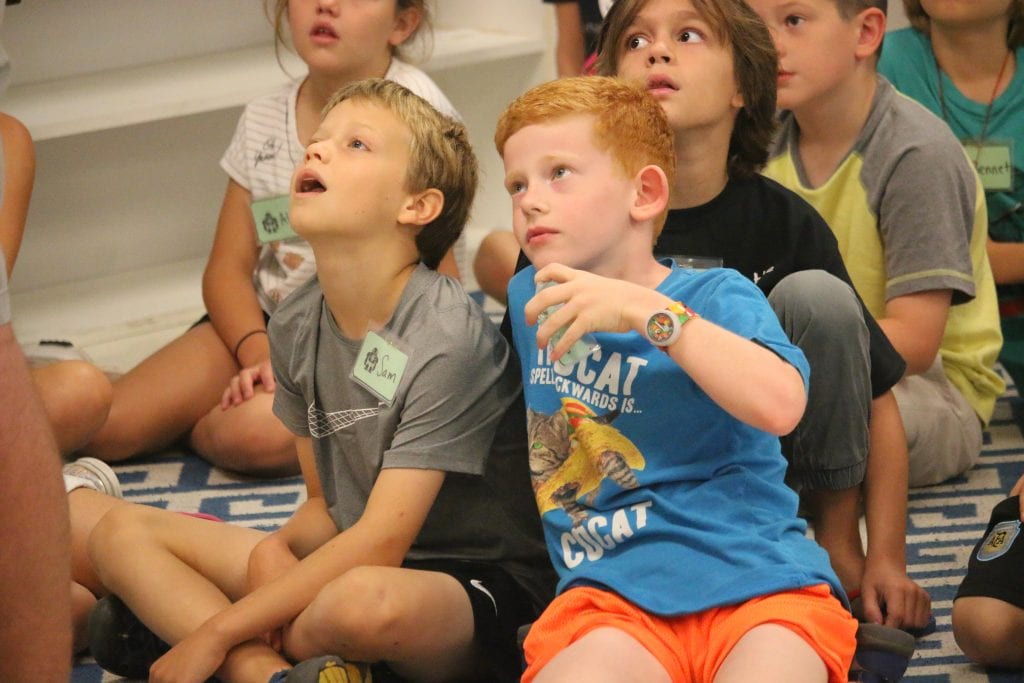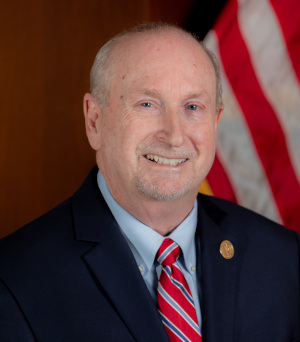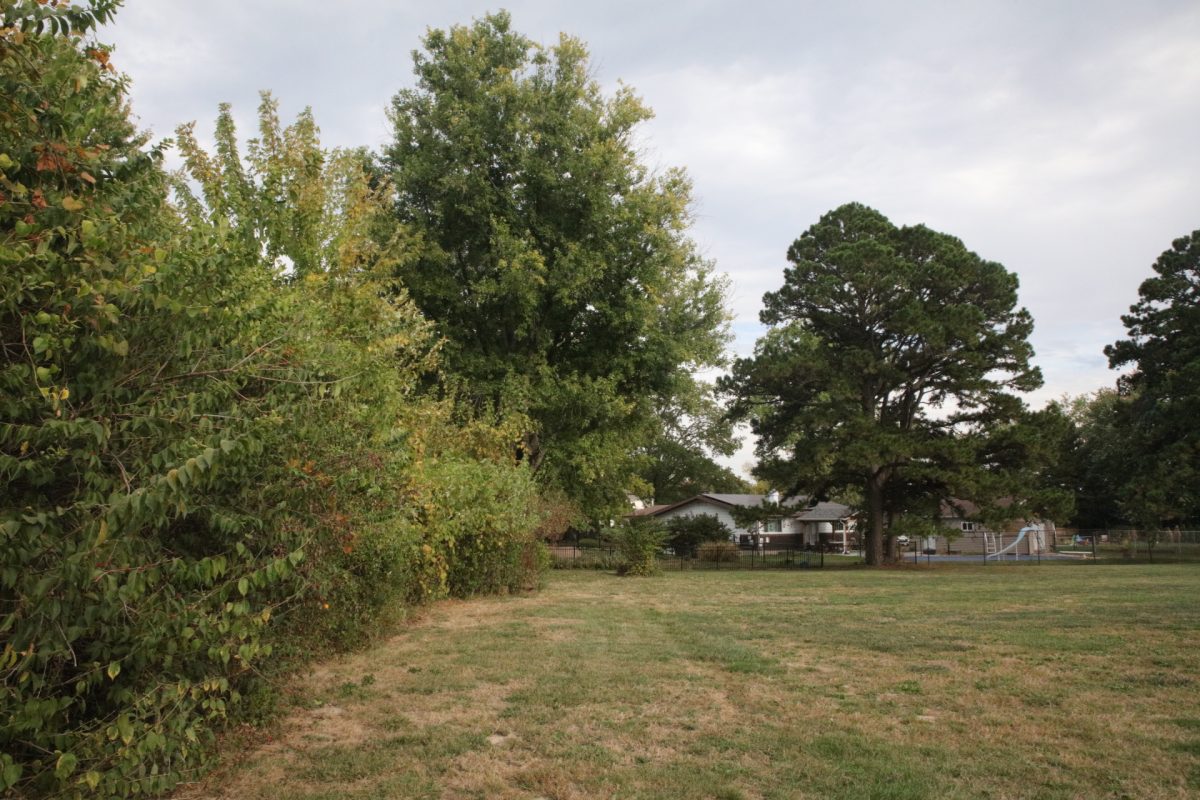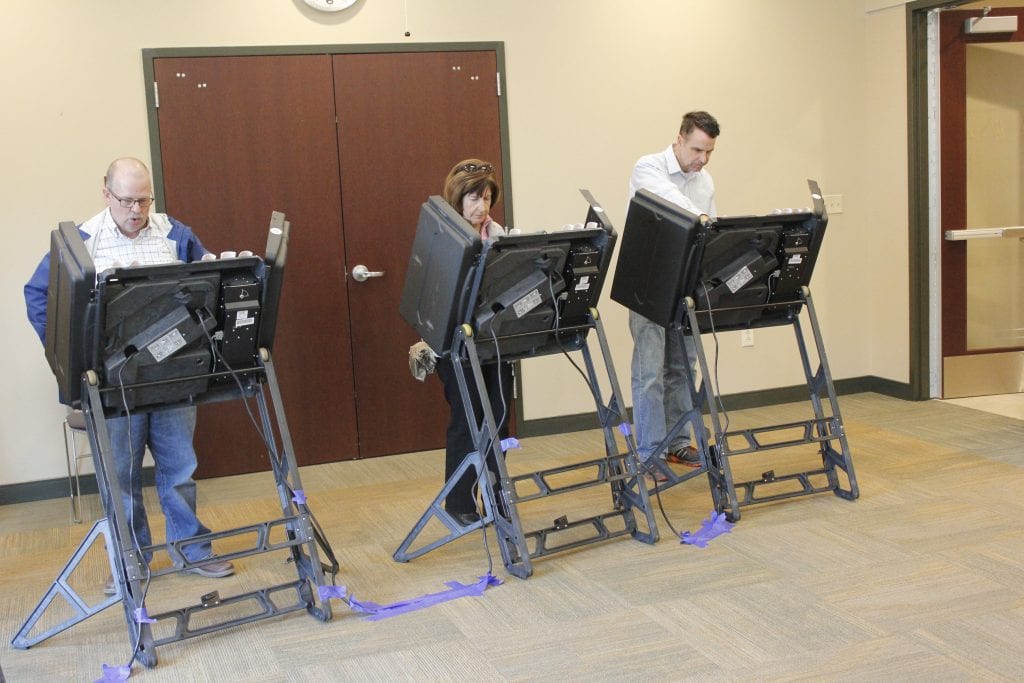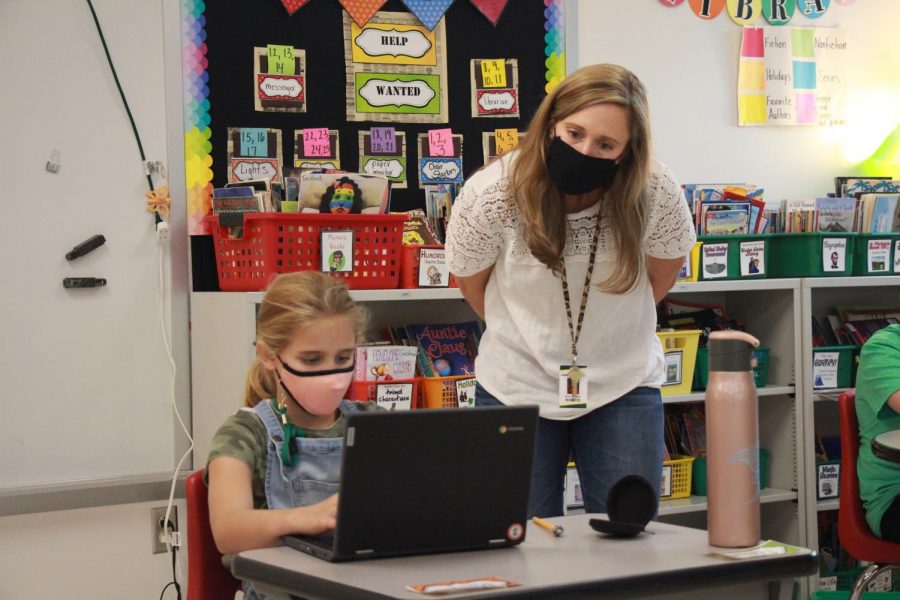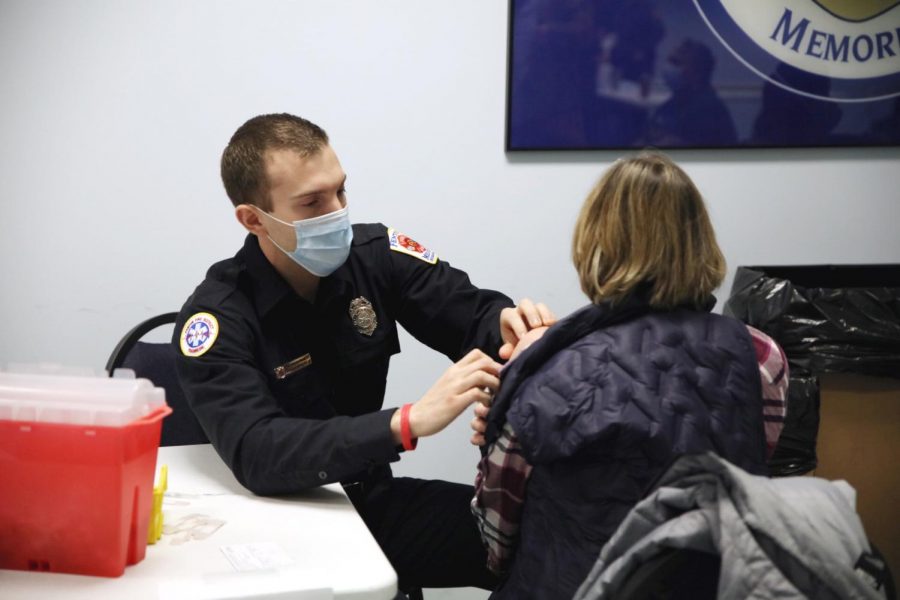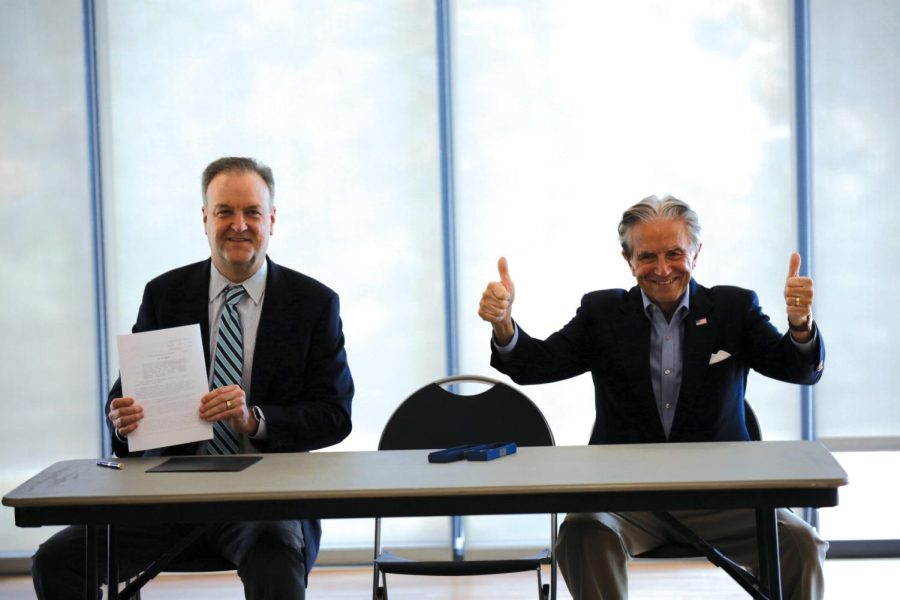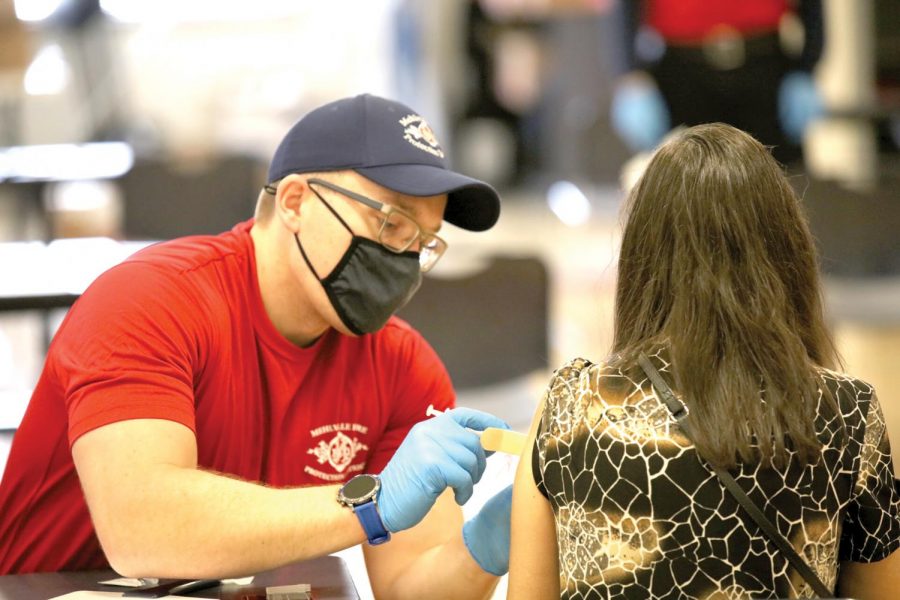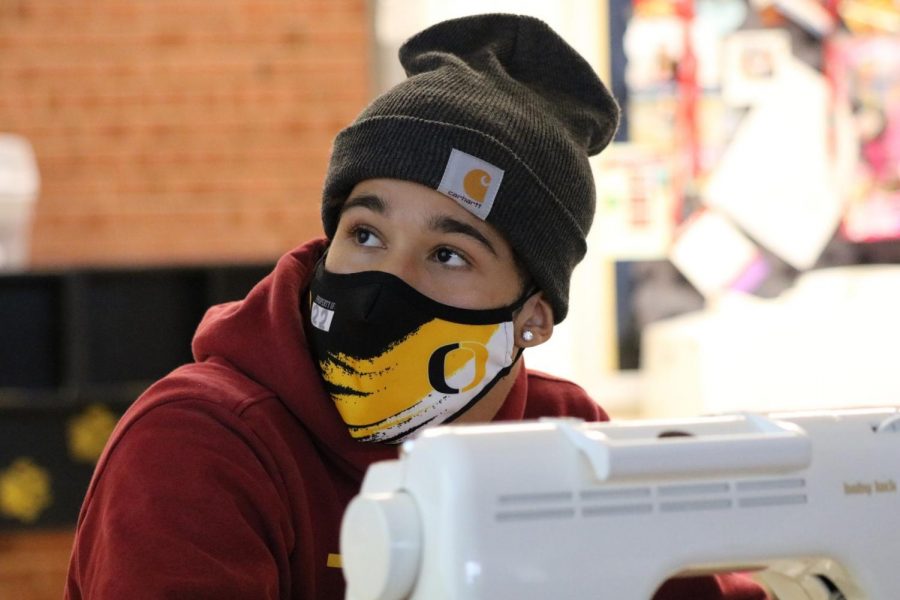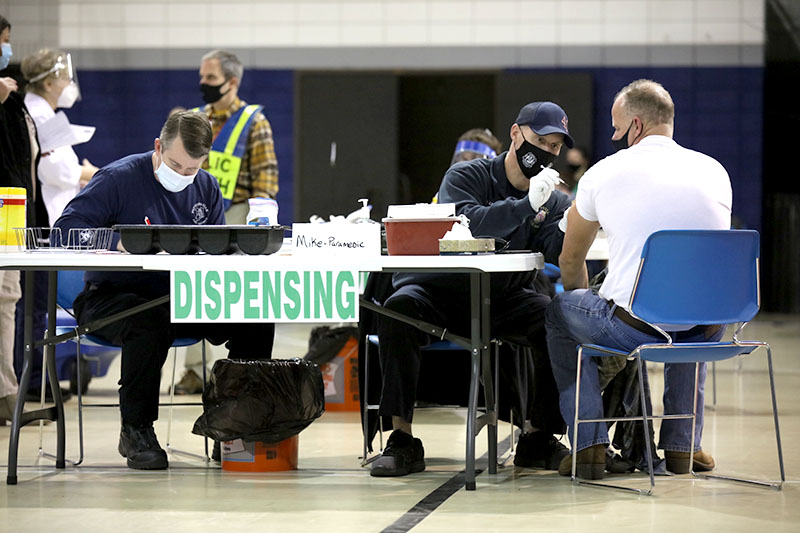Parents in the Mehlville School District and Lindbergh Schools who are concerned about sending their children to in-person classes this fall while the COVID-19 pandemic continues will instead have the option of enrolling their children in online virtual schools.
The online Mehlville@Home program, which Mehlville announced at the end of June, is a virtual school for any student in the district, kindergarten through 12th grade.
Parents will have the option to begin enrolling their children in the program in August, and can do so on a semester-by-semester basis. Students must commit to the whole semester.
In virtual informational meetings about the program June 30, Assistant Superintendent of Teaching and Learning Brian Smith said that Mehlville@Home had been in the planning stages prior to COVID-19 because of the “diverse needs” of families in the district but that the pandemic accelerated the district’s timelines.
“Sometimes you may have an immunocompromised child, sometimes you may have schedules that don’t always work well with a school schedule, sometimes there’s just other needs that families and students may have that maybe a traditional … environment may not always provide,” he said. “And if we learned nothing more than what happened from March to May is the need for a personalized learning experience for every child is critical.”
Mehlville, Lindbergh Schools and every school district in St. Louis County were set to jointly unveil this week their plans for reopening schools, after The Call’s press time. Visit www.callnewspapers.com to see the complete plans.
Lindbergh will also have some type of virtual school this fall, Superintendent Tony Lake told The Call.
Students returning to class in person this fall will have to wear masks and socially distance, County Executive Sam Page said. But any reopening is contingent on data and how many cases of the virus are spreading in the community.
“Virtual learning will be available to children who need it,” Page said. “I think it’s important to get some sort of traditional learning environment in place and to have a pathway to move forward in a way that’s safe. The guidelines in general will be extraordinarily similar.”
Elementary school students enrolled in Mehlville@Home will have access to English language arts, math, science and social studies with a Mehlville-certified teacher. Physical education, arts and music will be taught by a Mehlville-certified teacher or an online platform like Launch or Edgenuity. The district already has a partnership with Edgenuity for summer school courses.
“Numbers do drive some of these decisions,” said Smith during the elementary informational session. “If there’s only five kids interested, that’s a lot of resources to commit, whereas 250 kids committing to a program helps us look at our structure a little bit different.”
One unique aspect is that elementary classrooms in Mehlville@Home will be combined classrooms like those common many years ago: Kindergarten and first grade will be together, second and third grades will be in one class and fourth and fifth grades will be combined.
“The Department of Elementary and Secondary Education guidelines allow us to be able to enroll students in two consecutive grade levels,” said Smith. “While we won’t have separate grades, this is going to be an opportunity for some grade continuation.”
Students in middle school, sixth through eighth grade, will be able to take English and social studies classes with a Mehlville-certified teacher. Other subjects like science, math, career education, health, physical education, art, music and exploratory classes will either be taught by a Mehlville-certified teacher or through the platforms like Edgenuity and Launch.
“This can change, and I want to make sure I’m very clear about that, depending on overall enrollment,” said Smith during the middle school informational session. “We are working hard to finalize plans and finalize staffing.”
Similarly, high-school students will be able to take English with a Mehlville-certified teacher, as well as math. Social studies, science, career education, languages, fine arts, practical arts, health, physical education and personal finance could either be taught by a Mehlville-certified teacher or Edgenuity and Launch.
“We like to be able to expand upon that, but sometimes teacher certifications make it a little bit more difficult,” said Smith during the high-school information session. “Sometimes we have limitations where we have to have people that have these certifications in order to teach these sorts of things.”
The district curriculum for both Mehlville@Home and in-person school, should that occur this year, will be identical. Students enrolled in Mehlville@Home will be required to take the same assessments as their in-person peers, including state-mandated testing or regular quizzes and tests for the same classes.
Online students will be able to exercise some authority over the pacing of the course, however.
As for how it compares to what was offered from March to May, when schools closed abruptly and remained closed through the end of the school year due to the COVID-19 pandemic, Smith said that the curriculum team had more time to plan a more robust curriculum this time around.
“We have been able to plan … given a little more time,” said Smith. “Our curriculum team — I’ve been incredibly impressed with the work and the time and the commitment they’ve put in to bring all of our learning experiences to another level.”
Once teachers are selected for the Mehlville@Home program, they will receive regional and national training on best practices for virtual teaching through The Institute for Personalized Learning in Pewaukee, Wisconsin. Like Edgenuity, the district has used the institute before for resources for the district’s innovative elementary, Mosaic Elementary, as well as the new innovative middle school academies at all four middle schools.
“They have been a really good partner. They’re smart, they know exactly what they’re doing,” said Smith. “So know that the teachers you’re going to have will not be winging it. They will have a much better understanding of what it means to teach virtually.”
Smith pointed out the success so far of the district’s virtual summer school for elementary and middle-school students, which had traditionally been in-person. High-school summer school courses were virtual even before the pandemic.
“You may very well have found that summer school experience was much more robust than what probably some of our experiences were from March until May,” said Smith. “Part of that’s just using platforms, some of that’s just getting to know it. And really part of it is just expectations and just getting comfortable with it.”



